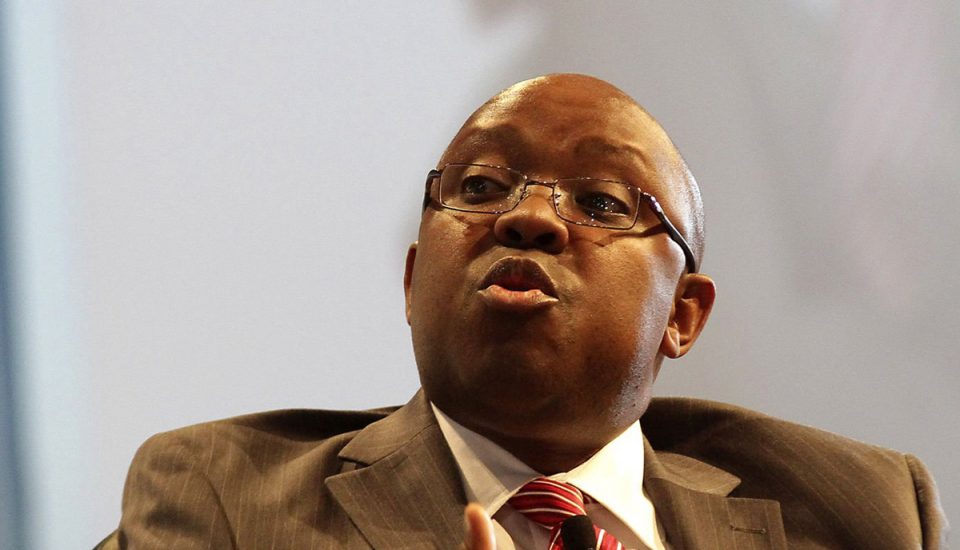Chief Operating Officer of Ibom Air, Mr. George Uriesi says Nigerian airlines operate 1080 hours less than the bench marked industry standard stressing that limited operational hours at several airports leads to only daylight operations and this systematically reduces the window for aircraft utilization which becomes a threat to the airlines survival.
This is as he however charged airlines to work on their operational capabilities by planning their route networks well and improving operational reliability and collaborations as efforts to maximize runway utilization.
Mr. Uriesi who delivered the paper: Maximizing Runway Utilization: A Nigerian Airline Perspective at the just concluded 26th League of Airports and Aviation Correspondents ( LAAC) Annual Conference said the airlines are Inna conundrum b cause of the current situation.
Taking statistical data from Airbus and juxtaposing it with what entails in Nigeria, Uriesi concluded that daily Nigerian airlines run three hours less daily when bench marked against industry standard, 90 hours less monthly and 1080 hours less annually.
According to figures presented by aircraft manufacturer Airbus, an average block hour for a single aisle aircraft daily is between 9.1-9.7 block hours; while in a month it is 275-292 block hours which lead annually to 3,300-3,500 block hours.
Contrary to that Nigerian airlines with same aircraft operate then at 5.5-6.6 block hours daily, 165-199 block hours monthly and 1980-2376 Block hours annually depicting a clear underutilization of equipment.
He reasoned that because there are too many impediments in the operating environment that limit airline productivity including limited runway access across domestic networks, multiple operational infrastructure deficiencies and even poor organizational capabilities of the airlines themselves make it difficult.
Tinkering solutions, he called for prioritization of airfield infrastructure and the provision of necessary Instrument Landing Systems ( ILS) and accompanying accessories for every airport as well as keeping airports open to meet the needs of airlines and other users.




